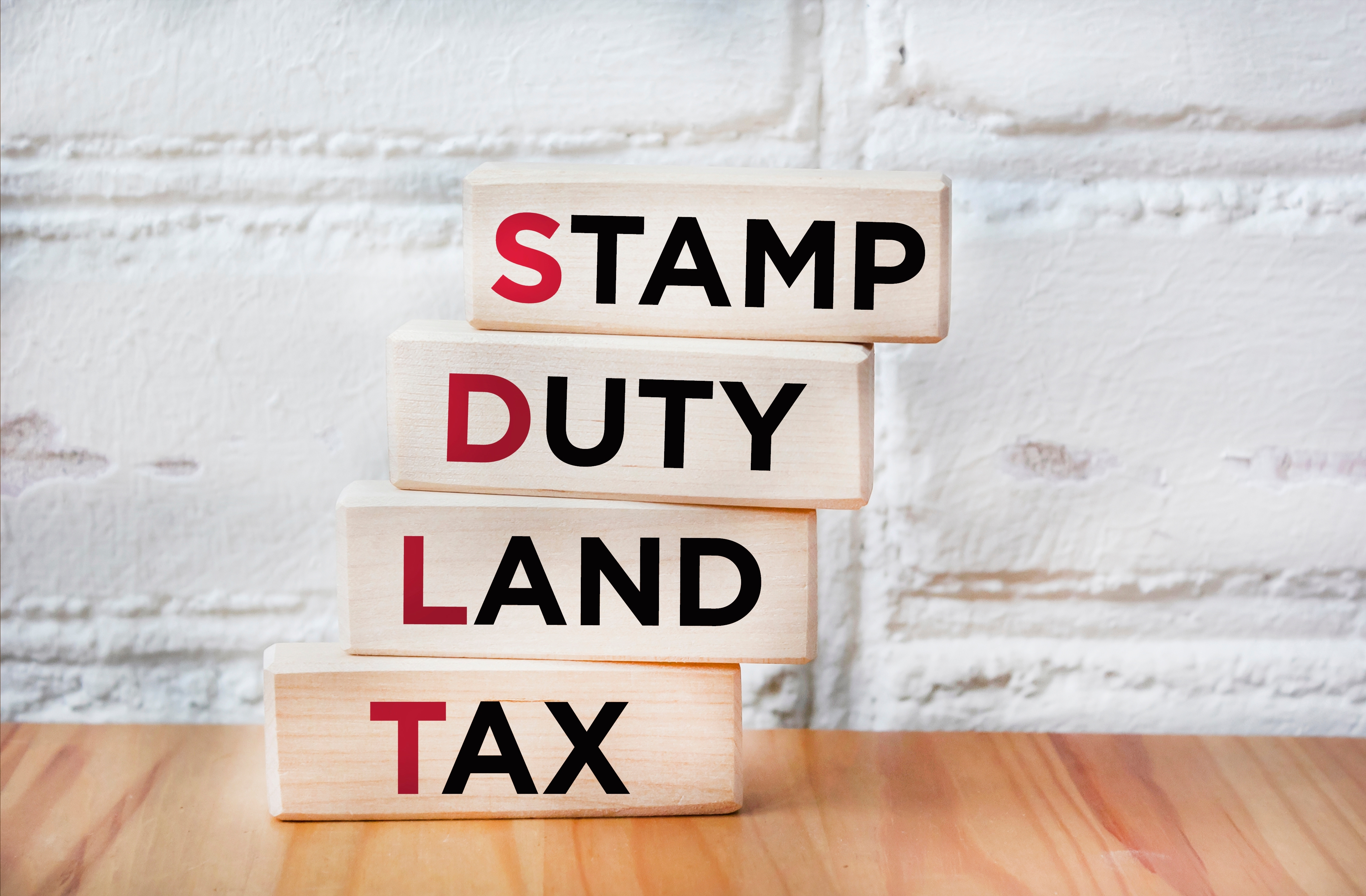Archive
Stamp Duty relief not extended for buyers – what you need to know before rules change
Posted by siteadmin on Tuesday 12th of November 2024.

In Labour’s first Budget since taking office, the Chancellor announced her plans to fix the so-called ‘black hole’ in the UK’s public finances and increase investment in public services, setting out £40 billion worth of tax rises.
While changes to stamp duty did form part of her plans, an extension or permanent change to stamp duty relief for movers and first-time buyers was sadly not included. So, what does this mean for those looking to move or buy?
What is stamp duty?
Stamp Duty Land Tax (SDLT) is the tax you pay when you buy a property or piece of land. How much you pay depends on the value of the property, whether it is your first home or if you own any other property. It is also a devolved tax, meaning costs and bandings are slightly different in Scotland and Wales as they are able to set their own rules.
How much is stamp duty now?
Currently, if you buy a property worth less than £250,000, you do not have to pay stamp duty. This was doubled from £125,000 by Liz Truss in the mini-budget. At the same time, the threshold was also raised for first-time buyers, meaning they do not pay stamp duty on purchases of up to £425,000.
This discount is due to end on the 31st March 2025, with many hoping the Chancellor would make this permanent in the Budget, or at the very least extend the relief. This sadly was not the case and the thresholds will now revert back.
What is changing?
With the thresholds returning to £125,000 and to £300,000 for first-time buyers, stamp duty will be charged at 5% on any amount above this. If you buy a house for £250,000 for example in April 2025, you will pay stamp duty on the additional £125,000. For first-timers, it is on the amount above the £300,000 threshold.
According to research by Leeds Building Society, the move will mean that stamp duty will be paid on 93% of properties for sale in England, and will cost house buyers up to £2,500 - according to The Times.
What does this mean for buyers?
For those looking to avoid paying this extra tax, purchases need to be completed before the end of March 2025. While this date may seem far away now, it’s important to remember that transactions can take from 6 weeks to 6 months to complete.
As we have seen previously with other stamp duty deadlines, the rush of buyers all looking to complete can gum up the house buying process and place additional pressures on the wider chain and key government departments, such as HM Land Registry. For those intending to buy, the advice would be to bring forward your moving plans to avoid any delay or disappointment.
For those looking to move or buy, staying on top of changes to the likes of stamp duty is really important, especially as it could help bring down the cost of your overall move. No matter your situation, mortgage and protection advisers are best placed to help you explore the options available and answer any questions you may have about stamp duty.

Please note: by clicking this link you will be moving to a new website. We give no endorsement and accept no responsibility for the accuracy or content of any sites linked to from this site.